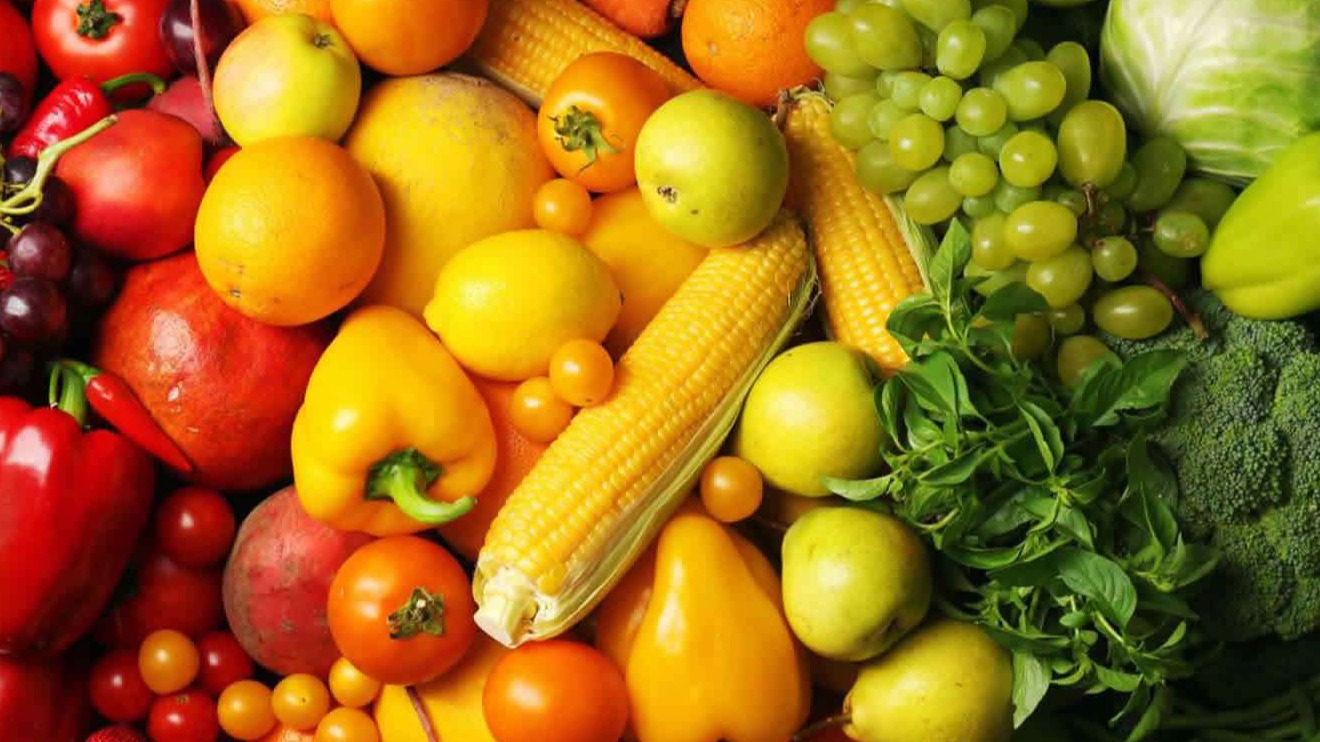Crocus Media, Vitamins & Nutrients, Nutrients
Nutrients
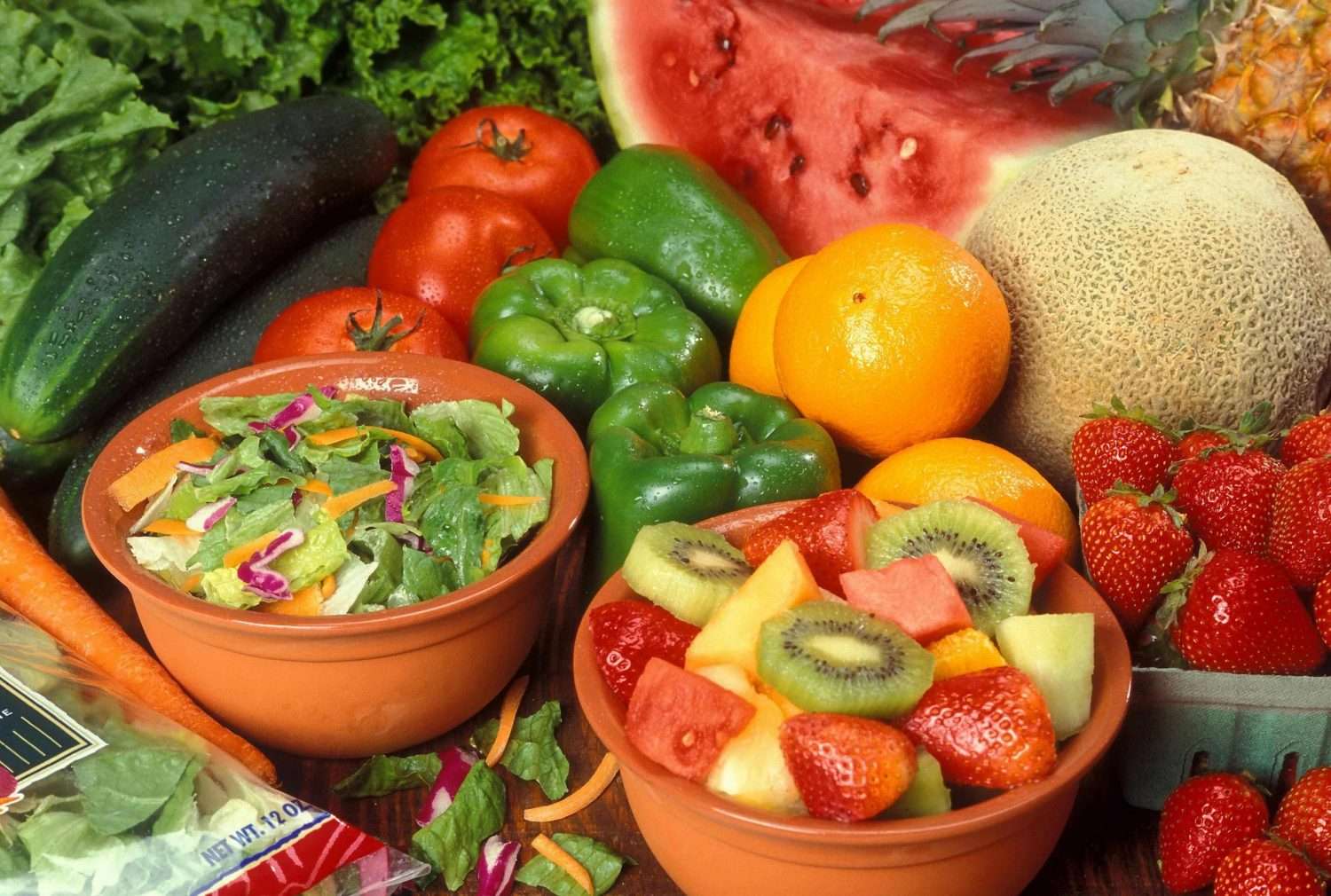
Collagen
Collagen is the most abundant protein in your body. It is the major component of connective tissues that make up several body parts, including tendons, ligaments, skin, and muscles. Collagen has many important functions, including providing your skin with structure and strengthening your bones.

Is Caffeine good or bad for Health ?
In the U.S., adults consume an average of 135 mg of caffeine daily, or the amount in 1.5 cups of coffee (1 cup = 8 ounces). The U.S. Food and Drug Administration considers 400 milligrams (about 4 cups brewed coffee) a safe amount of caffeine for healthy adults to consume daily. However, pregnant women should limit their caffeine intake to 200 mg a day (about 2 cups brewed coffee), according to the American College of Obstetricians and Gynecologists.
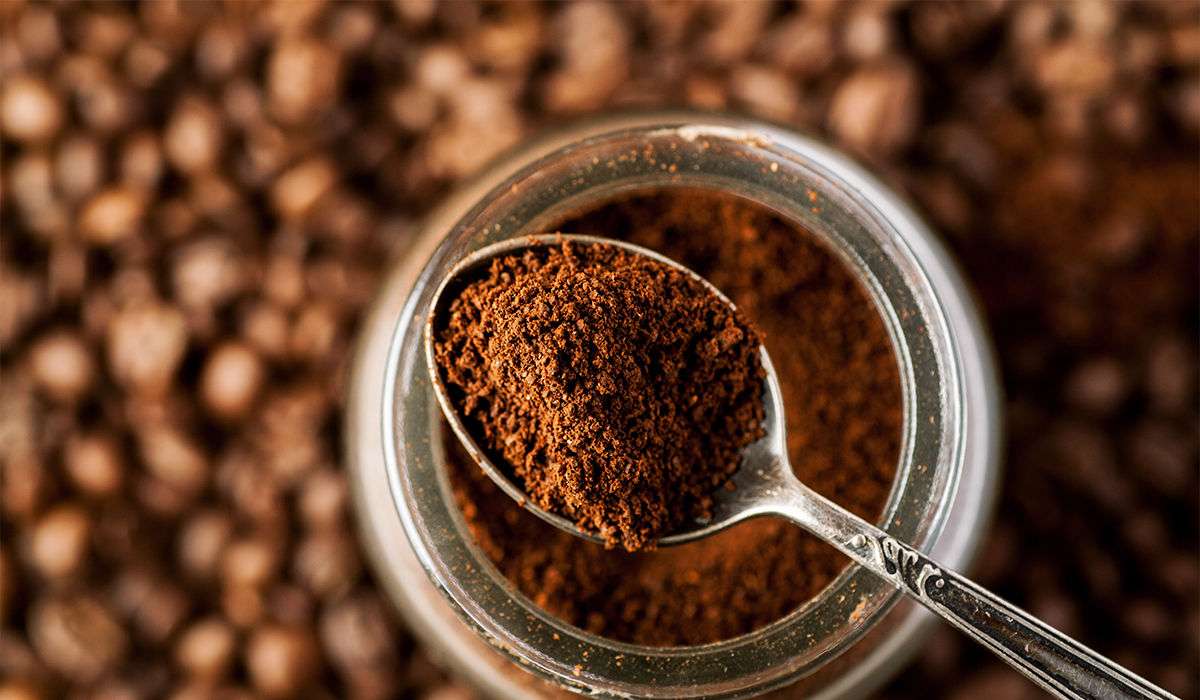
Caffeine
Each one's response to caffeine can be different. Moderate doses of caffeine (50–300 mg) can help increase alertness, energy, and focus. Higher doses can cause negative effects such as anxiety, restlessness, insomnia, and increased heart rate. For those who are sensitive to caffeine, decaffeinated coffee is a good choice. Decaffeinated coffee also offers the same health benefits as caffeinated coffee.
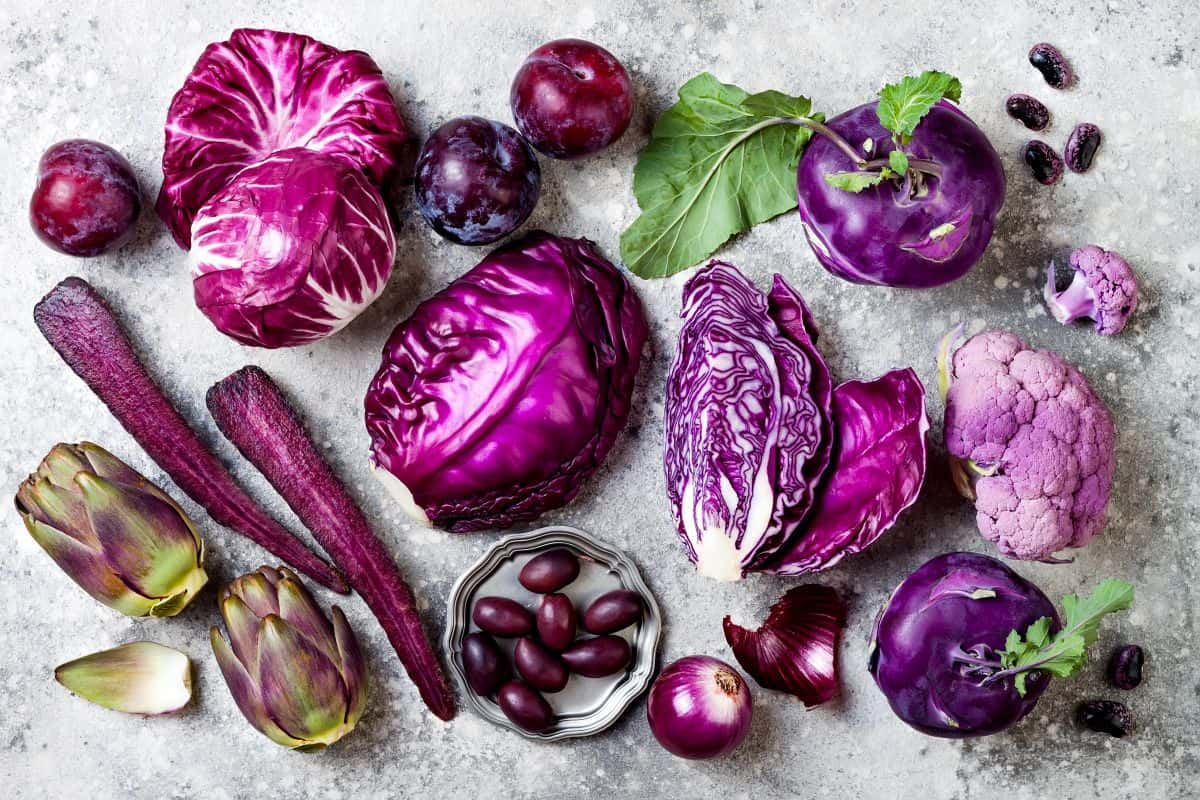
Anthocyanins
Anthocyanins present in edible fruits, vegetables and flowers have protective effects against diseases, especially cardiovascular disease, certain types of cancer, and against several chronic diseases, such as hyperglycemia. Anthocyanins also improve vision. Because of their benefits, anthocyanins are becoming increasingly commercializedand used in foods.
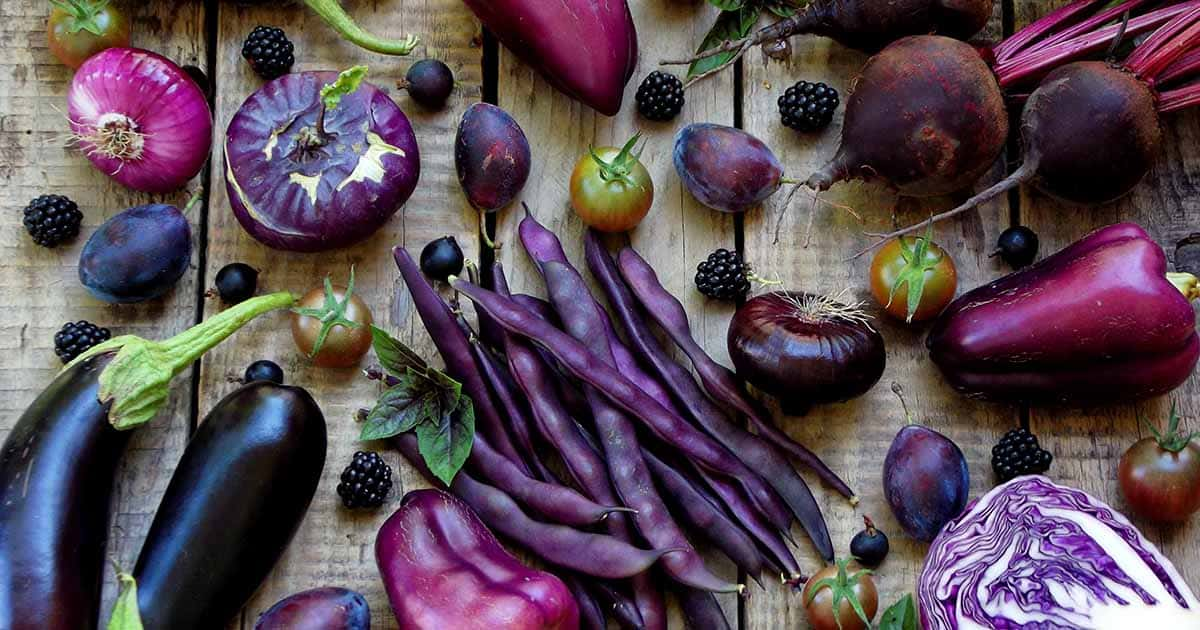
Anthocyanidins and Anthocyanins
Anthocyanidins and anthocyanins: colored pigments as food, pharmaceutical ingredients, and the potential health benefits. Anthocyanin and anthocyanidins are considered to be elements of plant pigments found in higher plants of the plant kingdom. They are found mainly in fruits and flowers but also in leaves, stems, and roots. They belong to the category of bioflavonoids. They share a common structure; the flavylium ion. Anthocyanidins are sugar-free analogues to anthocyanins whilst anthocyanins are formed by the coupling of sugars to anthocyanidins. This is the key difference between anthocyanin and anthocyanidin.
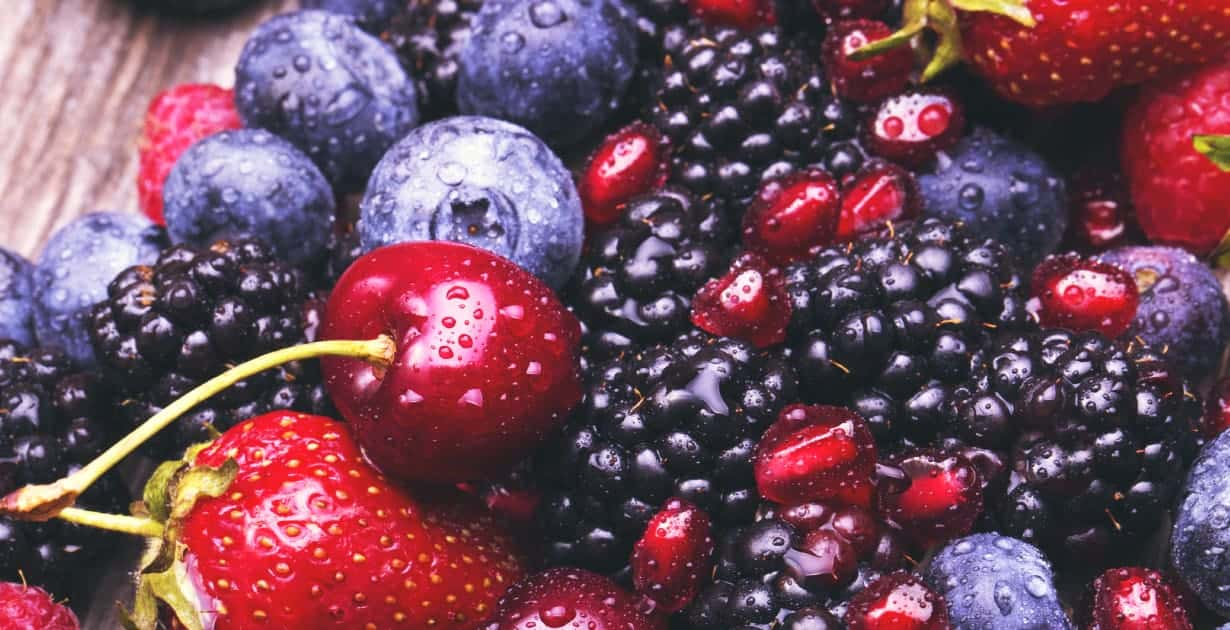
What is anthocyanin and how does it benefit our health?
In herbal medicine, anthocyanin-rich substances have long been used to treat a number of conditions involving blood vessel health, including chronic venous insufficiency, high blood pressure, and diabetic retinopathy. They have also been used to treat a number of other conditions, including colds and urinary tract infections. Recent research also suggests that anthocyanins may help fend off major health problems, including heart disease and cancer.
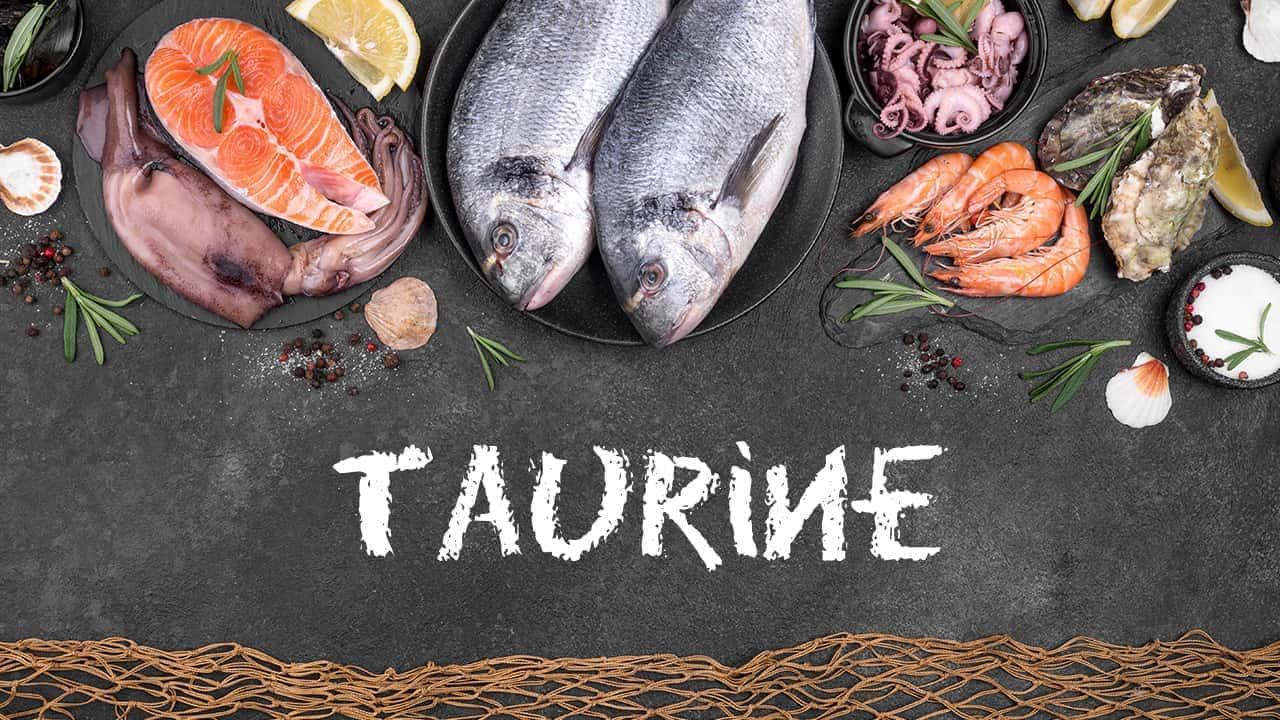
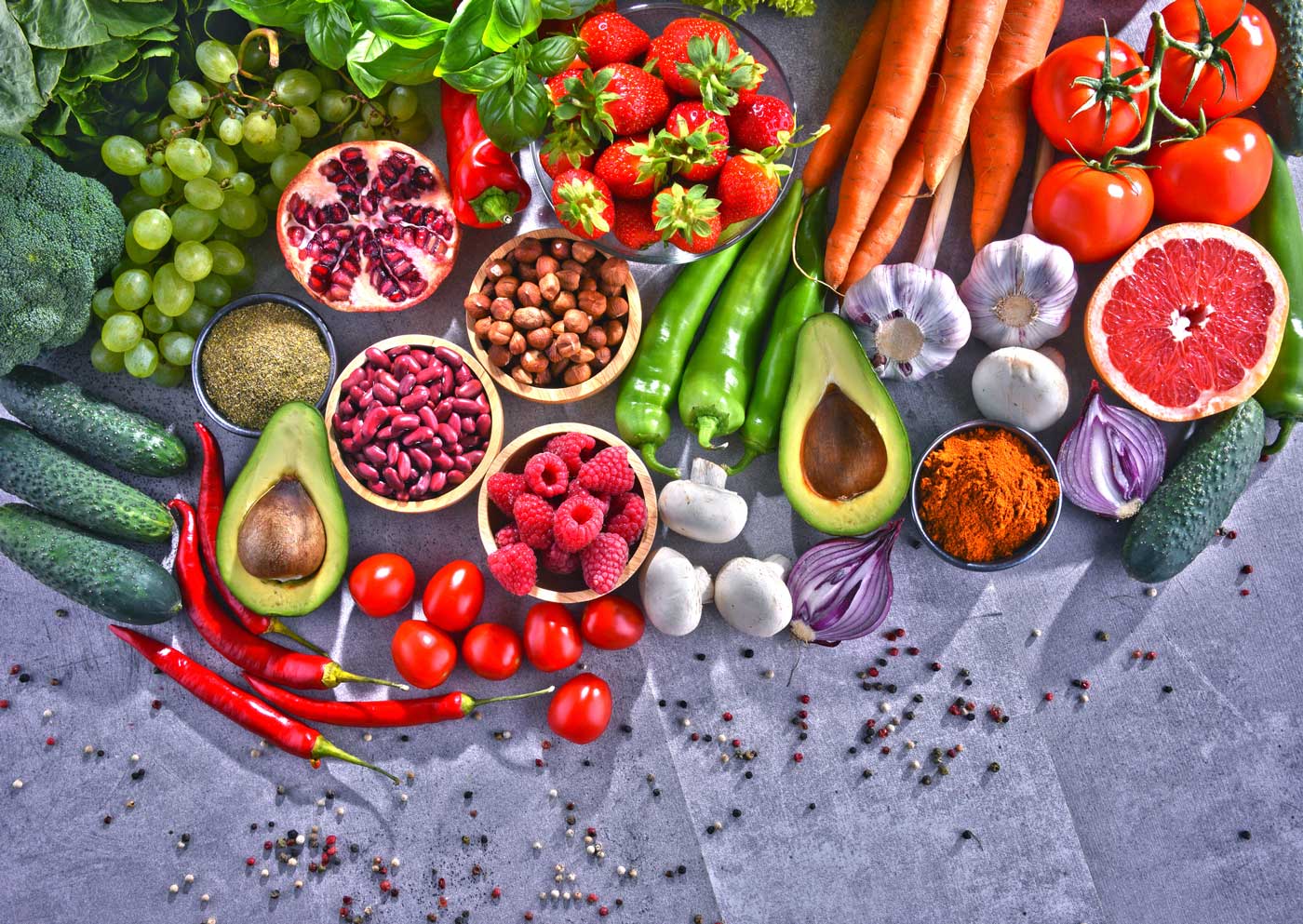
The role of polyphenols in our health
Polyphenols act as antioxidants, which means they neutralize harmful free radicals. These harmful free radicals damage your cells and increase your risk of diseases like cancer, diabetes, and heart disease. Polyphenols are also believed to reduce inflammation, which is believed to be the root cause of many chronic diseases.
